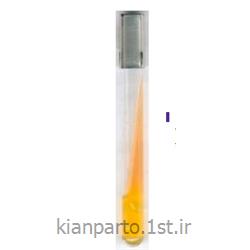| Description | |
|---|---|
| Catalogue Number | 100514 |
| Product Information | |
|---|---|
| Grade | ACS,ISO,Reag. Ph Eur |
| HS Code | 2811 19 80 |
| Physicochemical Information | |
|---|---|
| Boiling point | 198.7 °C (1013 hPa) |
| Density | 1.68 g/cm3 (20 °C) |
| Melting Point | -18 °C |
| Safety Information according to GHS | |
|---|---|
| Hazard Pictogram(s) |     |
| Hazard Statement(s) | H271: May cause fire or explosion; strong oxidizer. H290: May be corrosive to metals. H302: Harmful if swallowed. H314: Causes severe skin burns and eye damage. H373: May cause damage to organs through prolonged or repeated exposure. |
| Precautionary Statement(s) | P210: Keep away from heat. P221: Take any precaution to avoid mixing with combustibles, heavy-metal compounds, acids and alkalis. P280: Wear protective gloves/ protective clothing/ eye protection/ face protection. P301 + P330 + P331: IF SWALLOWED: Rinse mouth. Do NOT induce vomiting. P305 + P351 + P338: IF IN EYES: Rinse cautiously with water for several minutes. Remove contact lenses, if present and easy to do. Continue rinsing. P308 + P310: IF exposed or concerned: immediately call a POISON CENTER or doctor/ physician. |
| Storage class | 5.1A Strongly oxidizing hazardous materials |
| WGK | WGK 1 slightly water endangering |
| Disposal | 22 Inorganic peroxides and oxidants as well as bromine and iodine should be rendered harmless by reduction with acidic sodium thiosulfate solution (Cat. No. 106513); container D or E. Slightly soluble oxidants should be collected separately in container E or I. |
| Safety Information | |
|---|---|
| Hazard Symbols |  Corrosive Corrosive Oxidising Oxidising |
| Categories of danger | oxidizing, corrosive |
| R Phrase | R 5- 8-35 Heating may cause an explosion.Contact with combustible material may cause fire.Causes severe burns. |
| S Phrase | S 23-26-36-45 Do not breathe vapour.In case of contact with eyes, rinse immediately with plenty of water and seek medical advice.Wear suitable protective clothing.In case of accident or if you feel unwell, seek medical advice immediately (show the label where possible). |
| Storage and Shipping Information | |
|---|---|
| Storage | Store at +5°C to +30°C. |
| Transport Information | |
|---|---|
| Declaration (railroad and road) ADR, RID | UN 1873 , 5.1 (8), I |
| Declaration (transport by air) IATA-DGR | UN 1873 , 5.1 (8), I |
| Declaration (transport by sea) IMDG-Code | UN 1873 , 5.1 (8), I, Segregation Group: 1 (Acids) |
| Specifications | |
|---|---|
| Assay (acidimetric) | 70.0 - 72.0 % |
| Colour | ≤ 10 Hazen |
| Chlorate (ClO₃) | ≤ 10 ppm |
| Chloride (Cl) | ≤ 3 ppm |
| Free chlorine | ≤ 0.5 ppm |
| Phosphate and Silicate (as SiO₂) | ≤ 5 ppm |
| Sulphate (SO₄) | ≤ 10 ppm |
| Total nitrogen (N) | ≤ 10 ppm |
| Heavy metals (as Pb) | ≤ 1 ppm |
| Ag (Silver) | ≤ 0.1 ppm |
| Al (Aluminium) | ≤ 0.05 ppm |
| As (Arsenic) | ≤ 0.05 ppm |
| Ba (Barium) | ≤ 0.02 ppm |
| Be (Beryllium) | ≤ 0.02 ppm |
| Bi (Bismuth) | ≤ 0.1 ppm |
| Ca (Calcium) | ≤ 0.5 ppm |
| Cd (Cadmium) | ≤ 0.05 ppm |
| Co (Cobalt) | ≤ 0.05 ppm |
| Cu (Copper) | ≤ 0.1 ppm |
| Fe (Iron) | ≤ 1.0 ppm |
| Ge (Germanium) | ≤ 0.05 ppm |
| Hg (Mercury) | ≤ 0.005 ppm |
| K (Potassium) | ≤ 0.1 ppm |
| Li (Lithium) | ≤ 0.02 ppm |
| Mg (Magnesium) | ≤ 0.5 ppm |
| Mn (Manganese) | ≤ 0.02 ppm |
| Mo (Molybdenum) | ≤ 0.05 ppm |
| Na (Sodium) | ≤ 0.5 ppm |
| Ni (Nickel) | ≤ 0.1 ppm |
| Pb (Lead) | ≤ 0.05 ppm |
| Sr (Strontium) | ≤ 0.02 ppm |
| Ti (Titanium) | ≤ 0.1 ppm |
| Tl (Thallium) | ≤ 0.05 ppm |
| V (Vanadium) | ≤ 0.05 ppm |
| Zn (Zinc) | ≤ 0.1 ppm |
| Zr (Zirconium) | ≤ 0.1 ppm |
| Residue on ignition (as sulphate) | ≤ 30 ppm |
| Identity | passes test |
| Density (d 20/20) | approx. 1.7 |
| Conform to ACS, ISO, Reag.Ph Eur. | |
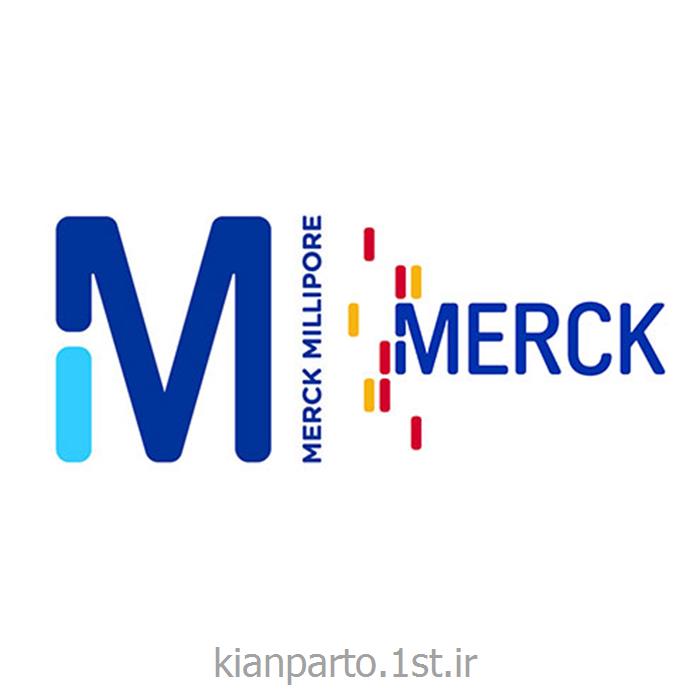




 سفارش آنلاین
سفارش آنلاین

 ضمانت سلامت فیزیکی
ضمانت سلامت فیزیکی ضمانت اصالت کالا
ضمانت اصالت کالا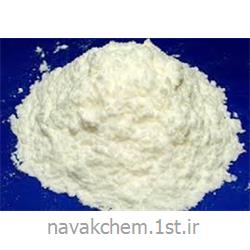

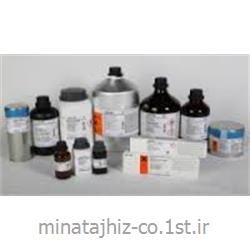

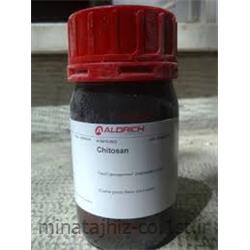

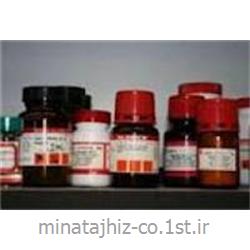
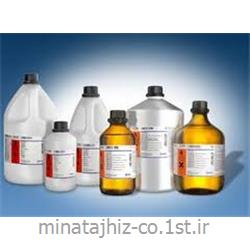
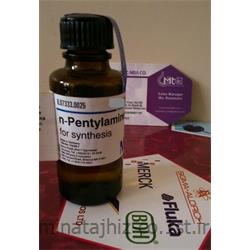
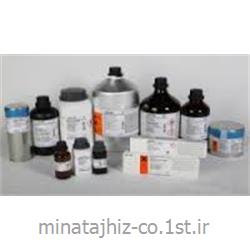
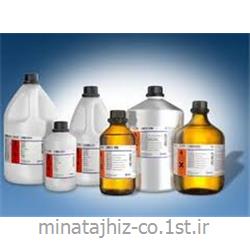
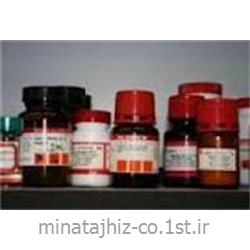
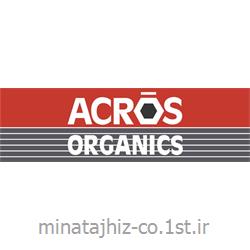
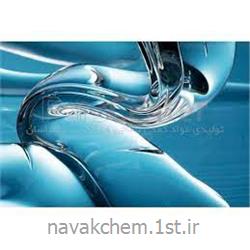
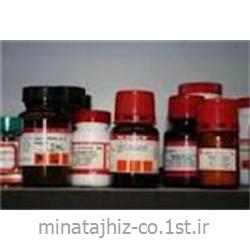
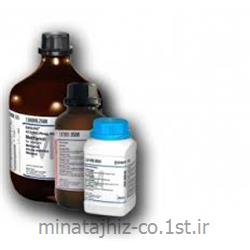
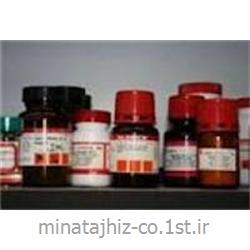
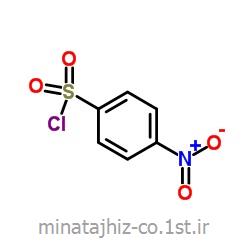
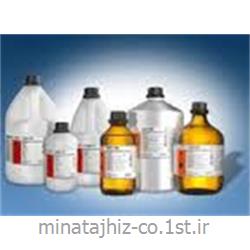
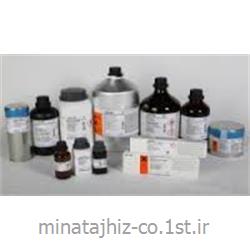
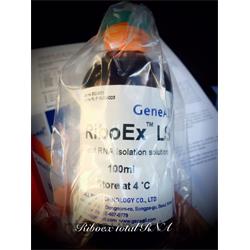

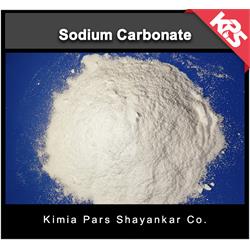









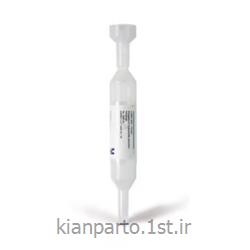
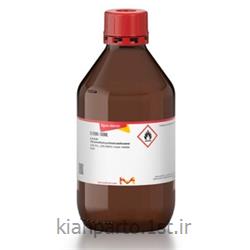
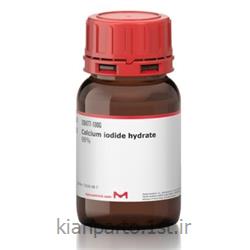
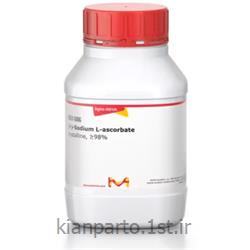
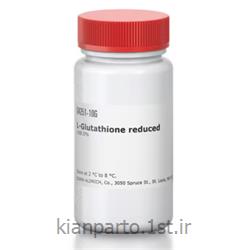
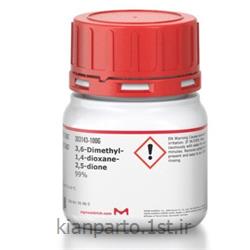
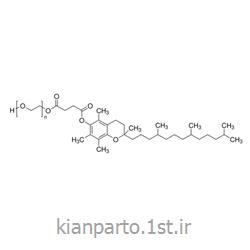
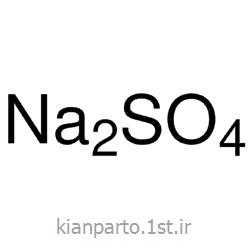
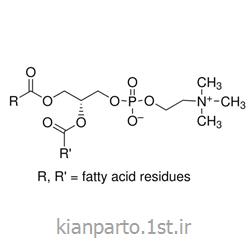
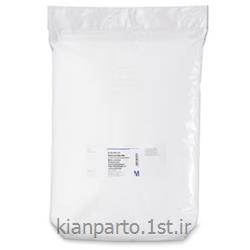
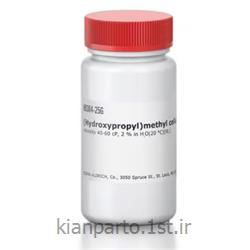
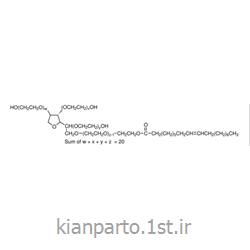
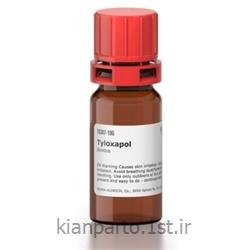
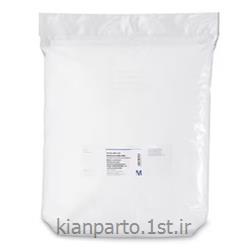
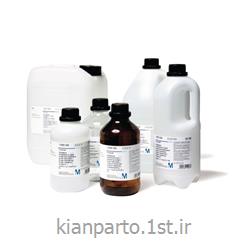
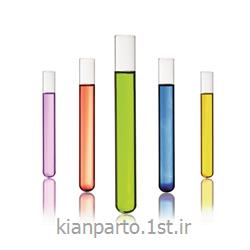
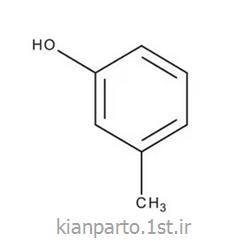
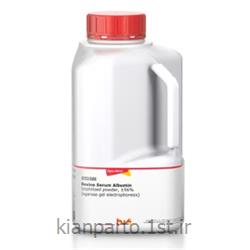
-0-1-%d9%86%d8%b1%d9%85%d8%a7%d9%84-%d9%85%d8%b1%da%a9-%da%a9%d8%af-109992.jpg)
